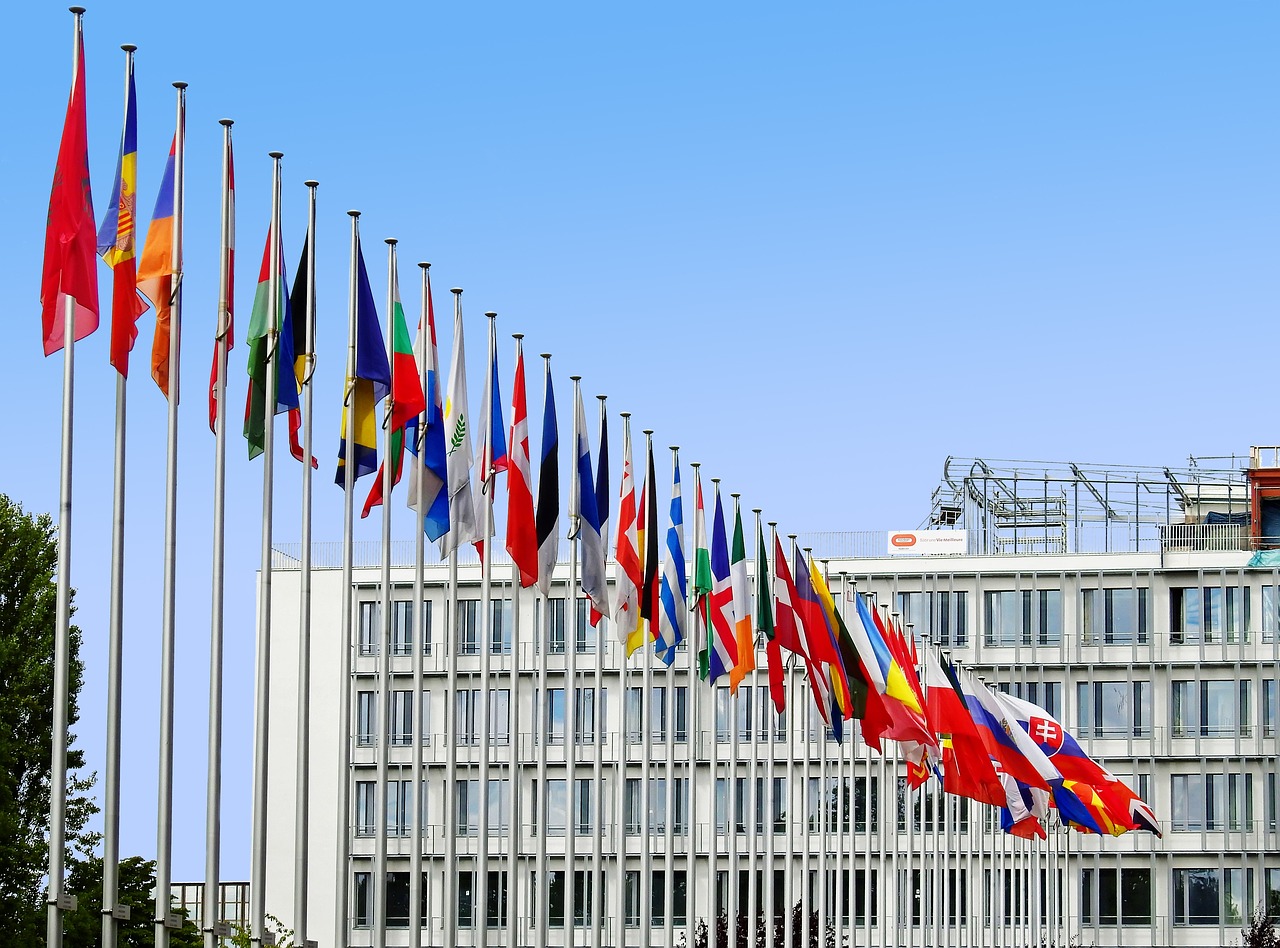Continuing with the more or less detailed exposition of the Asylum and Immigration Pact approved in the European Parliament on 10 April 2024, it is now appropriate to refer to possibly the biggest game in the whole package, next to Eurodac, to which I already referred in a previous publication: the Regulation on Asylum and Immigration Management.
The central part of this regulation, and its main change from the current system – the well-known, criticised and rejected Dublin system – consists of a mandatory “solidarity” system, which will not necessarily consist of relocations, i.e. a system where the only “means of solidarity” is not the mandatory relocation imposed by Brussels, but where Member States may also opt for financial contributions, as a substitute for relocation.
The system therefore continues to suffer from the same original sin, which is to accept that Europe, the member states, are obliged to take on as their own the duty to accept those who, perhaps, have not entered their borders, nor would they ever have done so … . . . that the member states are condemned to take on a certain – and growing – number of illegal entries masquerading as fraudulent asylum seekers. In order to try to ensure that countries like Hungary, Poland – but perhaps also the Czech Republic, and why not Finland or Sweden, which are already suffering with extraordinary severity from the effects of decades of permissive policies – do not block the system completely, von der Leyen proposed such a substitute payment system. If you don’t want “asylum seekers”, pay up.
Indeed, the model responds to the mercantilist and materialist view of immigration. Just as the advocates of open doors, after invoking fundamental rights, use the economic motive, i.e. cheap labour is needed; Von der Leyen uses it as a way to avoid social conflict. We have set a price.
Contribution calculations are to be made on the basis of GDP and population, each counting 50%. Annually, the text foresees that the minimum contribution from all member states should be 30,000 people and 600 million euros; although a percentage of these contributions will be reserved for search and rescue at sea, as member states consider that, in fulfilling existing obligations under maritime law, there should be places for this.
There is no doubt that Italy has been the State that has set the pulse of this model of compulsory solidarity and voluntary relocation, with the aim, in my opinion, of involving the other Member States in the defence, protection and preservation of the border … . Southern Europe. Critics of the system, among conservative and patriotic parties, point out that this management system, like the previous one, has the effect of encouraging illegal immigration and, above all, that it constitutes an unacceptable cession of national sovereignty, especially when it opens the door to the European Commission extending the annual admission quotas.
Another change with respect to Dublin, which will not please the delegations of the northern countries, regardless of which group they belong to – excluding the stateless left and right, of which there are some in Brussels – are the new criteria added to determine responsibility for examining asylum requests. While Dublin gave priority to the country of entry, this new regulation includes new provisions for family reunification, in addition to parents and children, attributing responsibility or power for asylum to the receiving country; adding new criteria such as diplomas obtained in that state, or some kind of relationship with it as a way of attributing competence.
Ideology or convictions aside, it is obvious that this is an unambitious reform that does not take due account of the external dimension. Only with agreements with third countries to ensure that they allow their nationals whose expulsion is ordered, and to process asylum applications there, will we be able to effectively combat illegal immigration.
As long as we do not ensure 100% success and effectiveness of deportations – something which, if not impossible, is far from being achieved – it is indisputable that the main objective must be to prevent them from entering European territory; for once in Europe, if return is not guaranteed, the problem is already inside.



 Subscribe
Subscribe